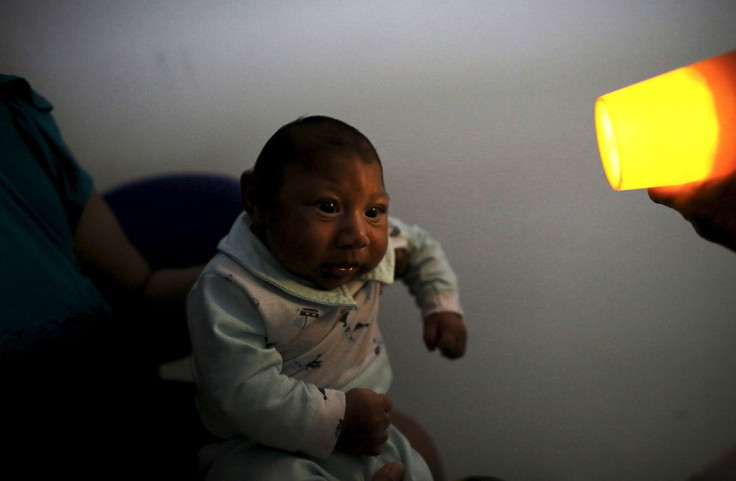WHO appeals to people in Zika-infected regions to delay pregnancies
With a number of children being born with birth defects due to the Zika virus, the World Health Organisation (WHO) has appealed to people living in countries where the virus has spread to delay pregnancies.
The recommendation was first made by the WHO in February, but it has recently issued an update to the guidance to alert people about the sexual transmission of the virus. WHO's recommendation will reportedly affect millions of people in about 60 countries that have been affected by the outbreak so far.
In its update, WHO says that although the primary source of the transmission of Zika virus is through the Aedes mosquito, it has found substantial evidence of sexual transmissions as well. The virus has so far caused severe brain defects like microcephaly, neurological complications and Guillain-Barré syndrome in newborns. The global health body added it would review and update its recommendation as and when new evidence about the virus emerges.
The latest WHO guidance stated, "In order to prevent adverse pregnancy and fetal outcomes, men and women of reproductive age, living in areas where local transmission of Zika virus is known to occur, be correctly informed and oriented to consider delaying pregnancy; and follow recommendations (including the consistent use of condoms) to prevent human immunodeficiency virus (HIV), other sexually transmitted infections, and unwanted pregnancies."
WHO has also urged sexual partners of pregnant women, either living or returning from Zika-infected regions, to practice safe sex or abstain from any intercourse until delivery. It also advised women, who have visited any Zika-infection region, and are planning a pregnancy to wait for at least eight weeks before trying to conceive to ensure that any possible infection is cleared. In case of the male partner being symptomatic, pregnancy should be delayed for at least six months.

According to the guidance, as of 19 May, a total of 12 studies or reports on sexual transmission of Zika virus have been published, four of which were on male to female transmission. One of the studies also reported male to male transmission. Three published study reports have also confirmed the presence of Zika virus in semen. The report added that since the first case of sexual transmission was reported in a medical study in 2011, ten countries have reported the same as of 19 May. The countries include the US, France, Italy, Argentina, Chile, Peru, Portugal, New Zealand, Canada and Germany. The reports were referred mainly to vaginal intercourse.
"To date, all published cases of sexual transmission have been from symptomatic male, whose sexual activities may have occurred before, during or after Zika symptom onset, to their partner. It remains unknown if women or asymptomatic men can transmit the virus through sexual activity," the WHO report reads.
© Copyright IBTimes 2025. All rights reserved.





















